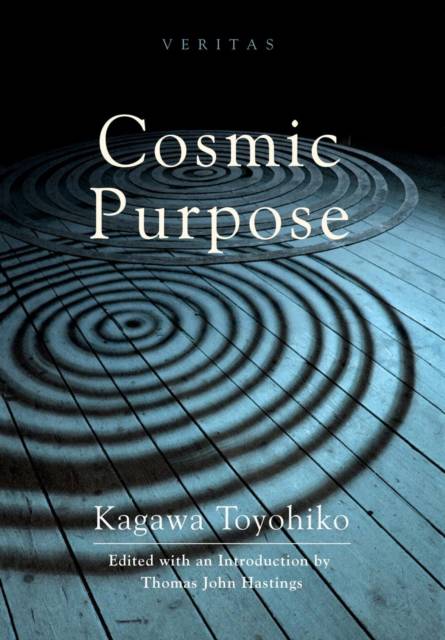
Je cadeautjes zeker op tijd in huis hebben voor de feestdagen? Kom langs in onze winkels en vind het perfecte geschenk!
- Afhalen na 1 uur in een winkel met voorraad
- Gratis thuislevering in België vanaf € 30
- Ruim aanbod met 7 miljoen producten
Je cadeautjes zeker op tijd in huis hebben voor de feestdagen? Kom langs in onze winkels en vind het perfecte geschenk!
- Afhalen na 1 uur in een winkel met voorraad
- Gratis thuislevering in België vanaf € 30
- Ruim aanbod met 7 miljoen producten
Zoeken
€ 73,95
+ 147 punten
Uitvoering
Omschrijving
On Christmas Eve in 1909, twenty-one-year-old Kagawa Toyohiko (1888-1960) rented a room in Kōbe's worst slum where, apart from two years of study in the United States, he remained with his wife and co-worker Haru for more than ten years. They engaged in pastoral work, evangelism, social reform movements, and literary activities, founding numerous institutions that are still in operation today. After publishing a best-selling novel in 1920, Kagawa began to draw the attention of people from around Japan and the world. His literary output was prodigious, amounting to more than 300 books. Often compared with his contemporaries Mahatma Gandhi and Albert Schweitzer, Kagawa was nominated twice for the Nobel Prize in Literature (1947, 1948) and three times for the Nobel Peace Prize (1954, 1955, 1956). Challenging the materialism of Charles Darwin and the claim of H. G. Wells that ""we must give up any idea that evolution is purposeful,"" Cosmic Purpose draws on research in physics, chemistry, astrophysics, mineralogy, genetics, and biology to offer evidence of purpose in the vast span of evolutionary history from the atom to human consciousness. In his attempt to renew our sense of wonder at this process, Kagawa proposes a ""logic of finality"" that links life to purpose.
Specificaties
Betrokkenen
- Auteur(s):
- Uitgeverij:
Inhoud
- Aantal bladzijden:
- 282
- Taal:
- Engels
- Reeks:
- Reeksnummer:
- nr. 12
Eigenschappen
- Productcode (EAN):
- 9781498217064
- Verschijningsdatum:
- 4/03/2014
- Uitvoering:
- Hardcover
- Formaat:
- Genaaid
- Afmetingen:
- 152 mm x 229 mm
- Gewicht:
- 566 g

Alleen bij Standaard Boekhandel
+ 147 punten op je klantenkaart van Standaard Boekhandel
Beoordelingen
We publiceren alleen reviews die voldoen aan de voorwaarden voor reviews. Bekijk onze voorwaarden voor reviews.









